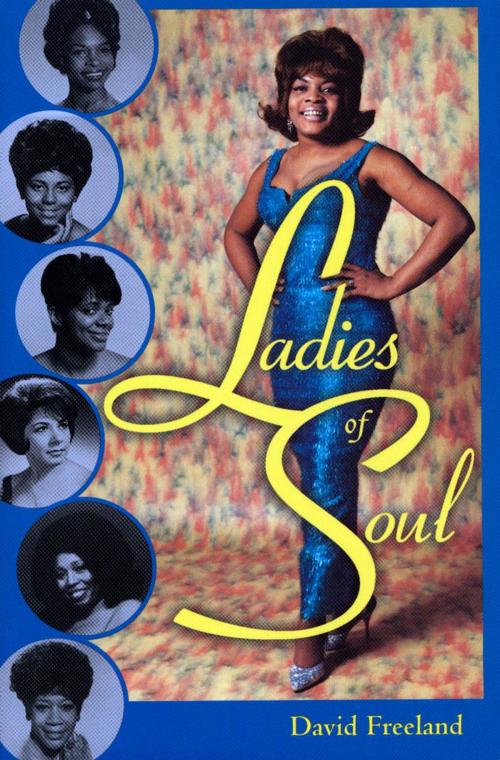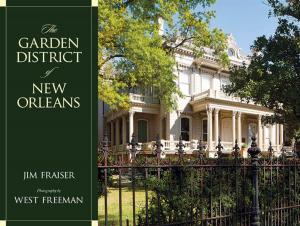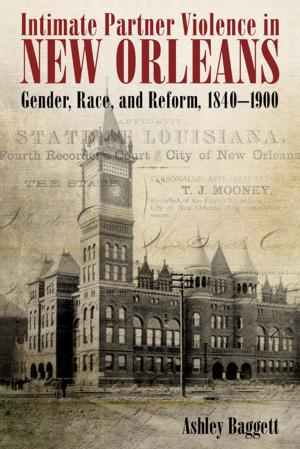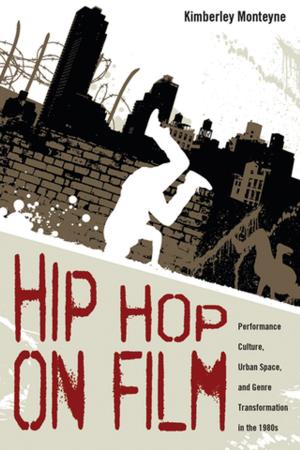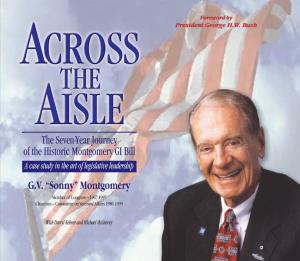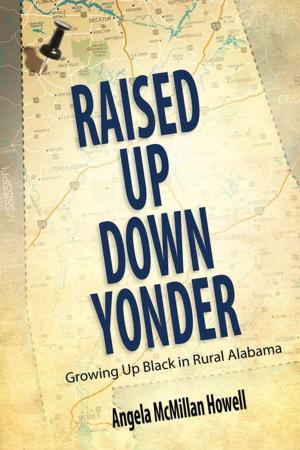| Author: | David Freeland | ISBN: | 9781604737271 |
| Publisher: | University Press of Mississippi | Publication: | March 1, 2001 |
| Imprint: | University Press of Mississippi | Language: | English |
| Author: | David Freeland |
| ISBN: | 9781604737271 |
| Publisher: | University Press of Mississippi |
| Publication: | March 1, 2001 |
| Imprint: | University Press of Mississippi |
| Language: | English |
American soul music of the 1960s is one of the most creative and influential musical forms of the twentieth century. With its merging of gospel, R&B, country, and blues, soul music succeeded in crossing over from African American culture into the general pop culture. Soul became the byword for the styles, attitudes, and dreams of an entire era.
Female performers were responsible for some of the most enduring and powerful contributions to the genre. All too frequently overlooked by the star-making critics, seven of these women are profiled in this book -Maxine Brown, Ruby Johnson, Denise LaSalle, Bettye LaVette, Barbara Mason, Carla Thomas, and Timi Yuro.
Getting started during the heyday of soul, each of these talented women had recording contracts and gave live performances to appreciative audiences. Their careers can be tracked through the popularity of soul during the 1960s and its decline in the 1970s. With humor, candor, pride, and honest recognition that their careers did not surge into the mainstream and gain superstardom, they recount individual stories of how they struggled for success.
Their oral histories as told to David Freeland address compelling issues, including racism and sexism within the music industry. They discuss their grueling hardships on the road, their conflicts with male managers, and the cutthroat competition in the recording business. As each singer examines her career with the author, she reveals the dreams, hopes, and desires on which she has built her professional life. All seven face up to the career swings, from the highs of releasing the first hit to the frustrating lows when the momentum stops.
Although the obstacles to stardom are heartbreaking, these singers are committed to their art. With determination and style these seven have pressed onward with club appearances and recordings. They survive through their savvy mix of talent, hubris, and honesty about their lives and their music.
David Freeland is an oral historian and artistic adviser of a performance series at Columbia University's Miller Theatre. He has been a guest lecturer at Columbia's School for Social Work.
American soul music of the 1960s is one of the most creative and influential musical forms of the twentieth century. With its merging of gospel, R&B, country, and blues, soul music succeeded in crossing over from African American culture into the general pop culture. Soul became the byword for the styles, attitudes, and dreams of an entire era.
Female performers were responsible for some of the most enduring and powerful contributions to the genre. All too frequently overlooked by the star-making critics, seven of these women are profiled in this book -Maxine Brown, Ruby Johnson, Denise LaSalle, Bettye LaVette, Barbara Mason, Carla Thomas, and Timi Yuro.
Getting started during the heyday of soul, each of these talented women had recording contracts and gave live performances to appreciative audiences. Their careers can be tracked through the popularity of soul during the 1960s and its decline in the 1970s. With humor, candor, pride, and honest recognition that their careers did not surge into the mainstream and gain superstardom, they recount individual stories of how they struggled for success.
Their oral histories as told to David Freeland address compelling issues, including racism and sexism within the music industry. They discuss their grueling hardships on the road, their conflicts with male managers, and the cutthroat competition in the recording business. As each singer examines her career with the author, she reveals the dreams, hopes, and desires on which she has built her professional life. All seven face up to the career swings, from the highs of releasing the first hit to the frustrating lows when the momentum stops.
Although the obstacles to stardom are heartbreaking, these singers are committed to their art. With determination and style these seven have pressed onward with club appearances and recordings. They survive through their savvy mix of talent, hubris, and honesty about their lives and their music.
David Freeland is an oral historian and artistic adviser of a performance series at Columbia University's Miller Theatre. He has been a guest lecturer at Columbia's School for Social Work.
